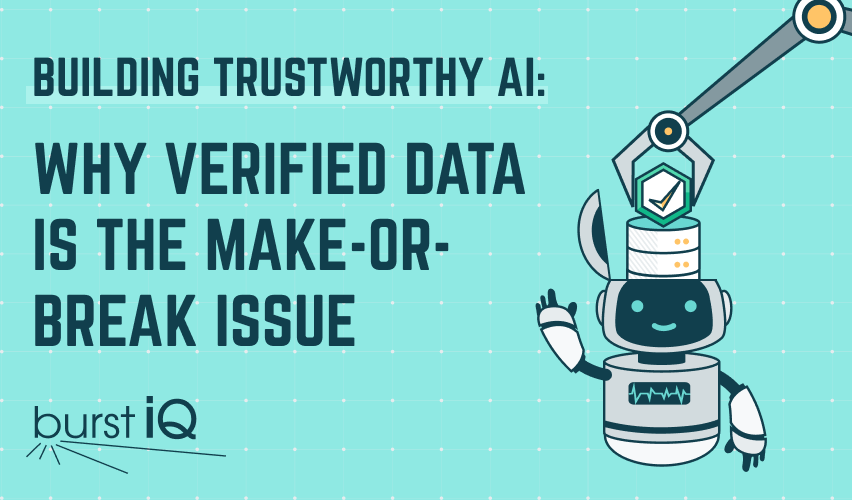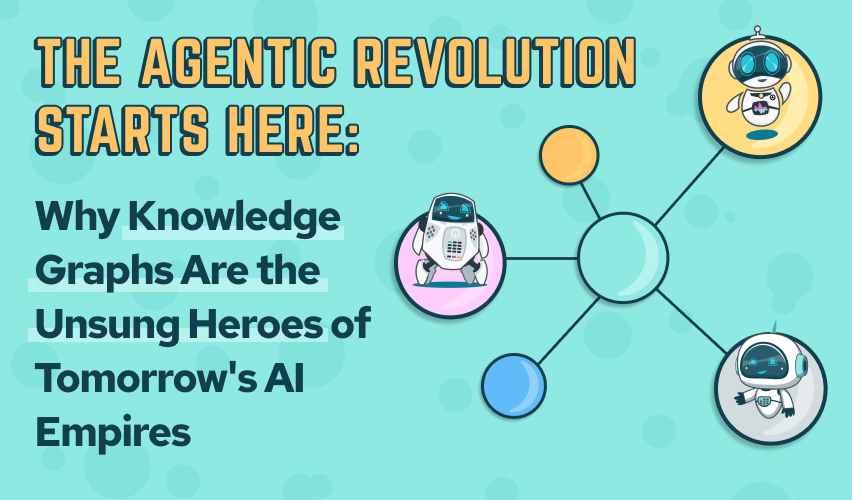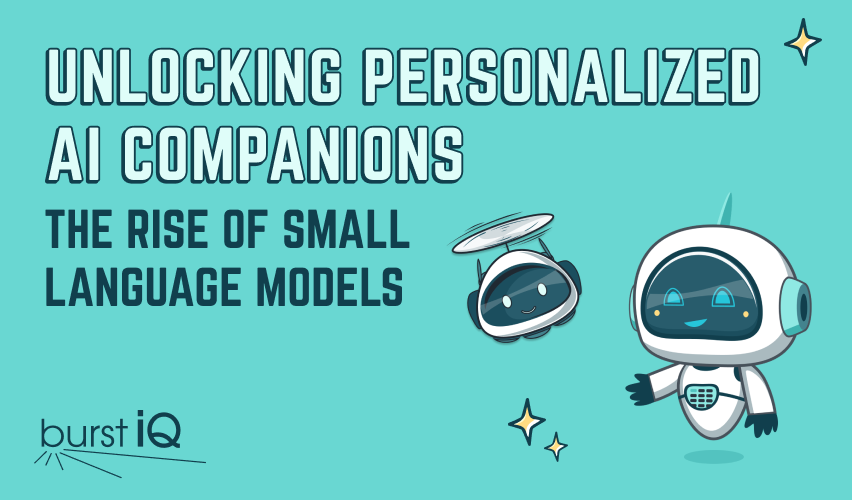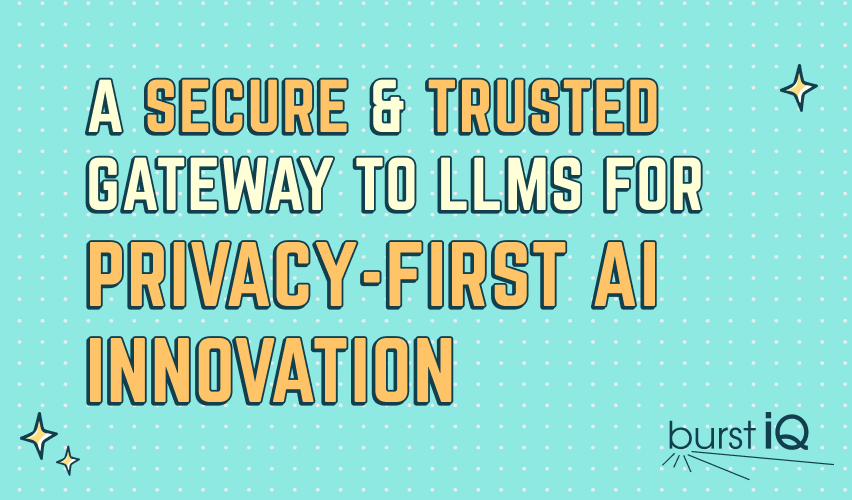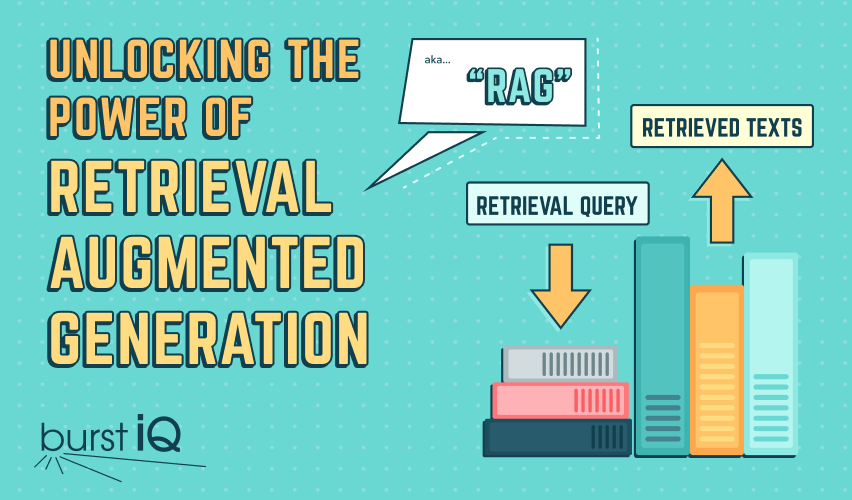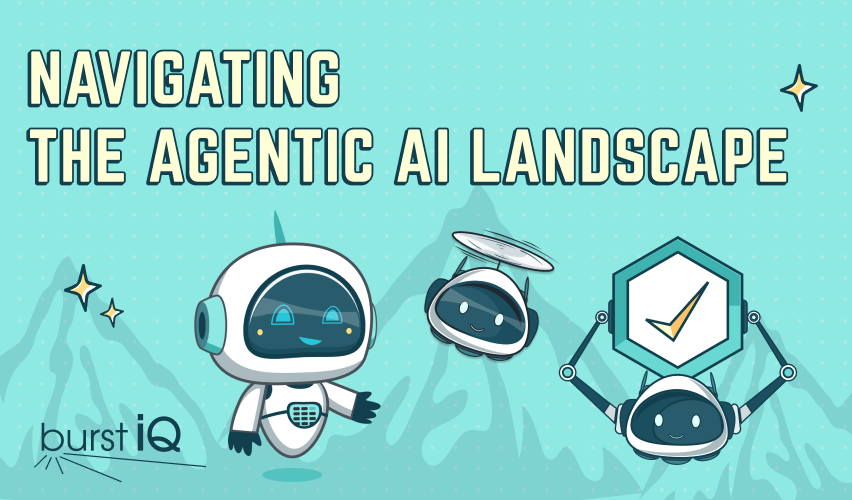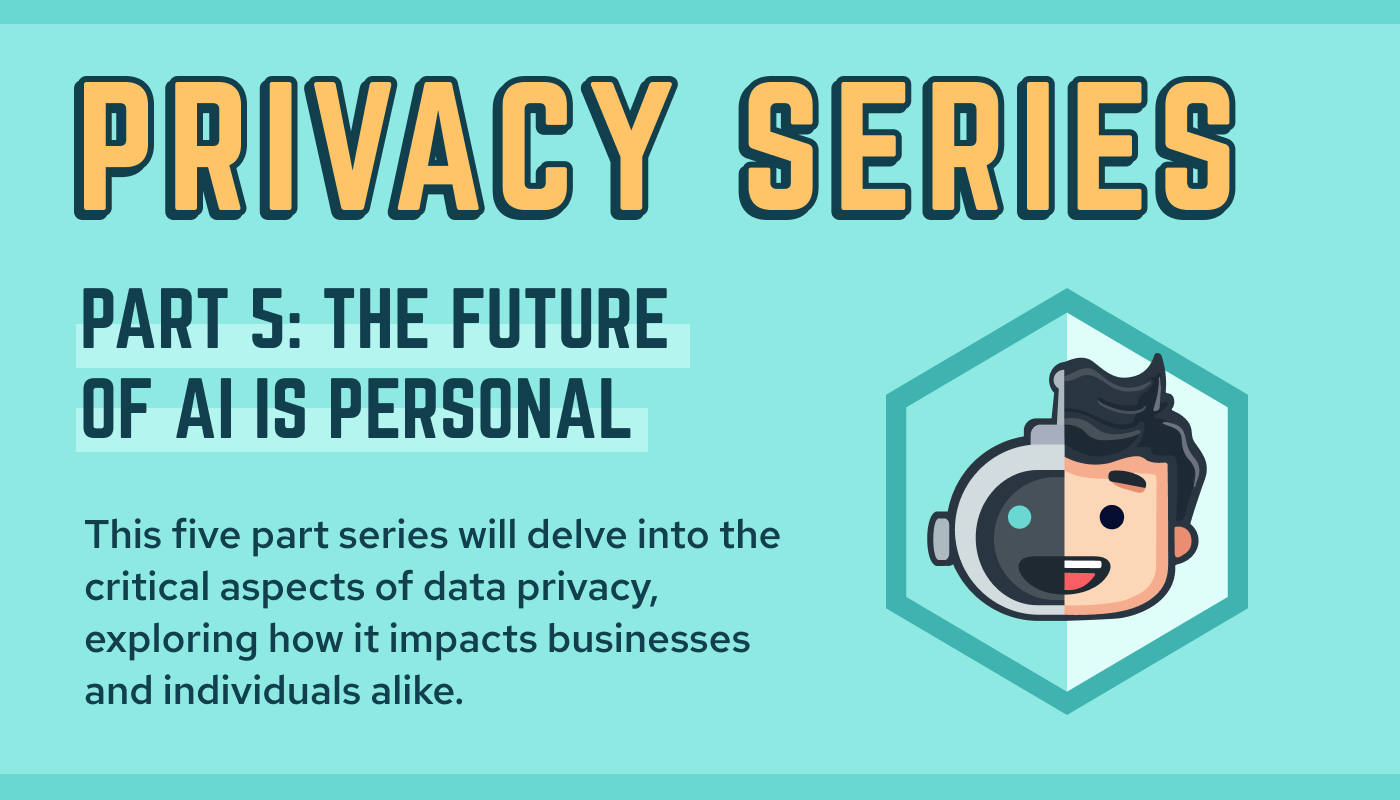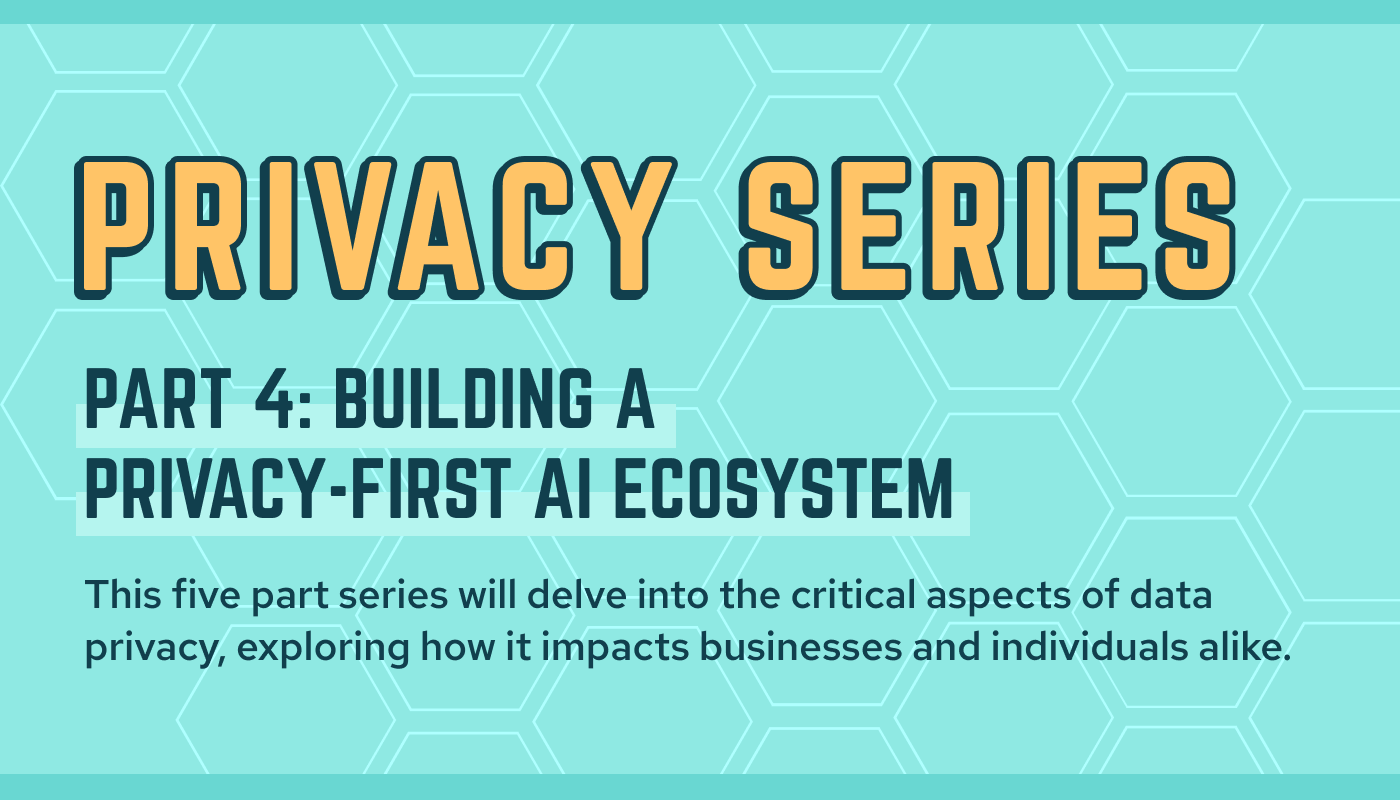YOUR AI COMPANION:
 AI AGENT MANAGEMENT
AI AGENT MANAGEMENT
In his recent keynote at CES 2025, Jensen Huang, CEO of NVIDIA, made a bold and thought-provoking statement:
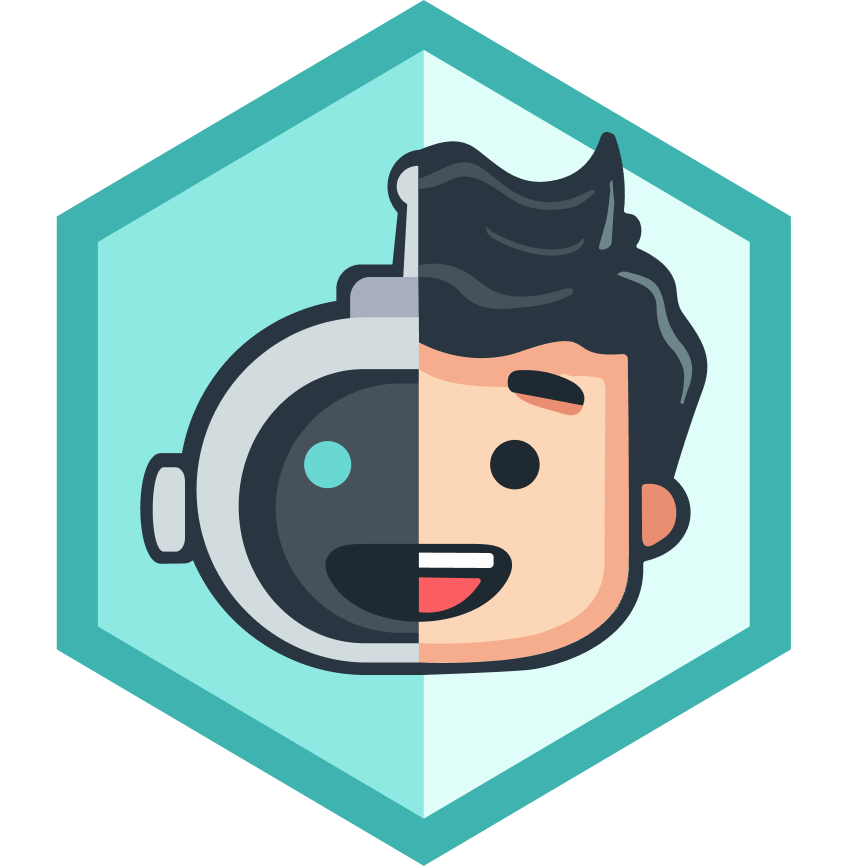

YOUR AI COMPANION:
 AI AGENT MANAGEMENT
AI AGENT MANAGEMENT
In his recent keynote at CES 2025, Jensen Huang, CEO of NVIDIA, made a bold and thought-provoking statement:

The IT department of every company is going to be the HR department of AI agents in the future.”
“The IT department of every company is going to be the HR department of AI agents in the future.”
This statement has been widely quoted across social media platforms—and for good reason. It’s a simple yet profound way to encapsulate the rapid evolution of AI and its integration into every aspect of our lives. In a 90-minute keynote packed with groundbreaking announcements, this statement stood out. For me, it resonated deeply because it aligns with the trajectory we’ve been working toward as a company: enabling AI companions that improve lives. Over the years, we’ve developed the foundation to create and manage health-focused AI companions, or what we like to call “health buddies”. But as we evolved, they have evolved to not only health buddies, but also learning companions, task assistants, and more.
Huang’s statement underscores an inevitable reality: AI is no longer confined to the backroom, research labs, or the techno-elite—it’s moving to the edge, directly to the individual. This shift reflects a future where AI agents function as integral contributors to organizational success, performing roles akin to those of human employees.
At CES, NVIDIA unveiled a framework and set of tools for creating AI agents, including NeMo, Llama Nemotron, and a library of agent blueprints—all made available as open source. However, Huang made it clear: NVIDIA isn’t building enterprise software. Instead, they’re equipping partners and enterprises with the tools to create their own AI ecosystems, providing a foundational framework for innovation. But what does this mean for organizations? The rise of AI agents brings with it a critical challenge: how to manage these agents effectively. Organizations will need advanced platforms capable of handling data governance, personalization, and scalability to succeed. This is where BurstIQ’s LifeGraph® enters the picture.
KEY DISTINCTIONS
Agentic AI vs. AI Agents
Before exploring how BurstIQ supports this vision, it’s important to clarify two terms: Agentic AI & AI agents.
Agentic AI refers to systems that exhibit autonomous agency—they perceive their environment, make decisions, and take actions toward achieving specific goals with minimal human intervention. These systems are goal-driven, adaptable, and capable of learning from their environment to improve over time.
Examples of Agentic AI:
Autonomous vehicles capable of navigating complex environments.
AI-driven financial trading systems that react to market changes in real-time.
AI agents, on the other hand, are software entities designed to perform specific tasks on behalf of users or systems or in conjunction with a user. AI agents can range from simple rule-based systems to advanced, learning-enabled tools.
Examples of AI Agents:
Virtual personal assistants &AI companions.
Customer service chatbots that resolve queries.
Healthcare data agents that analyze patient data to provide insights.
In summary, while agentic AI describes the broader capability of an AI system to act independently, AI agents are the practical, task-oriented implementations often with a human companion.
Managing the Future Workforce of AI Agents
BurstIQ’s LifeGraph®
To manage AI agents effectively, organizations need more than just basic data storage or processing. They require a platform that can deliver context-rich, personalized data streams to empower AI agents to make informed decisions while addressing security and compliance concerns. BurstIQ’s LifeGraph is designed to meet these needs.
 WHAT IS A LIFEGRAPH?
WHAT IS A LIFEGRAPH?
LifeGraph is an advanced data management platform built with the trust and security of Web3 and blockchain technology. It creates a dynamic, multi-dimensional graph of data points related to individuals, organizations, and AI agents, all centered around a digital identity. By contextualizing data in this way, LifeGraph enables:
PERSONALIZED DATA STREAMS | AI agents receive data tailored to their roles and goals.
CONTINUOUS LEARNING | Real-time data updates foster adaptability and continuous improvement.
INTEROPERABILITY | Seamless integration with multiple data sources and standards.
PRIVACY & SECURITY | Built-in privacy features allow organizations to retain full control over their data, including the ability to revoke access. This solves a common concern among businesses: “How do I use AI without compromising sensitive and proprietary information?” LifeGraph’s smart data objects address this by embedding security and privacy directly into the data itself.
lifegraph in action
The HR Department for AI Agents
Managing AI agents will involve tasks similar to today’s HR departments: onboarding, monitoring performance, ensuring compliance, and personalizing experiences. LifeGraph supports these tasks by providing:
AGENT ONBOARDING | New AI agents are equipped with the historical and contextual data needed to function effectively from day one.
PERFORMANCE MONITORING | Continuous tracking of agent interactions and outcomes helps organizations assess and optimize performance.
SECURITY & COMPLIANCE | Advanced privacy technologies ensure that all data accessed or processed by AI agents complies with regulations.
PERSONALIZATION | LifeGraph enables highly personalized experiences for AI agents, aligning their actions with organizational goals and user needs.
AGENT HYGIENE | Retire old agents and fire bad ones.
Why Personalization is Critical for AI Agents
Just as personalization is key to employee satisfaction and productivity in human resource management, it’s equally critical for AI agents. An AI agent equipped with personalized data and context will:

Make better decisions.

Deliver more accurate & relevant outcomes.

Adapt more effectively to changing environments.
For example, in healthcare, a personalized AI agent managing patient data can provide tailored insights to clinicians, improving patient outcomes. In education, AI agents can guide individuals through challenging topics, create personalized career pathways, and optimize learning experiences, ensuring relevance in a rapidly evolving workforce.
Why Blockchain & Web3 Matter
LifeGraph leverages blockchain and Web3 technologies to ensure data integrity and security across the agent ecosystem. We affectionately refer to LifeGraph as the “digital DNA” of a person, place, or thing—including AI agents. Just as DNA forms the foundation of life, LifeGraph forms the foundation of digital twins in the AI world.
 KEY BENEFITS OF BLOCKCHAIN & WEB3 IN LIFEGRAPH:
KEY BENEFITS OF BLOCKCHAIN & WEB3 IN LIFEGRAPH:
DATA INTEGRITY | Immutable records ensure accurate, tamper-proof operational insights.
SMART CONTRACTS | Automate data access, performance monitoring, and even agent deactivation for underperforming agents.
DECENTRALIZATION | Foster autonomous environments where agents can verify the integrity and validity of their counterparts.
CONCLUSION:
The HR Revolution for AI Agents
As AI agents become a central part of the workforce, organizations must adopt new paradigms for managing them. BurstIQ’s LifeGraph provides the foundation for this shift, enabling organizations to transition from traditional IT roles to becoming the HR departments of AI agents. In this future, IT will no longer just maintain infrastructure—it will oversee a growing workforce of intelligent agents, each contributing to the organization’s goals in unique ways. By offering a secure, personalized, and scalable management solution, BurstIQ ensures that AI agents operate effectively, ethically, and in alignment with organizational objectives. As businesses embrace this future, platforms like LifeGraph will play a pivotal role in enabling AI agents to act intelligently, autonomously, and ethically, driving the next wave of innovation and productivity.
We’d love to hear from you about your data privacy concerns in regard to AI Agents. Connect with us here or follow us on LinkedIn.
